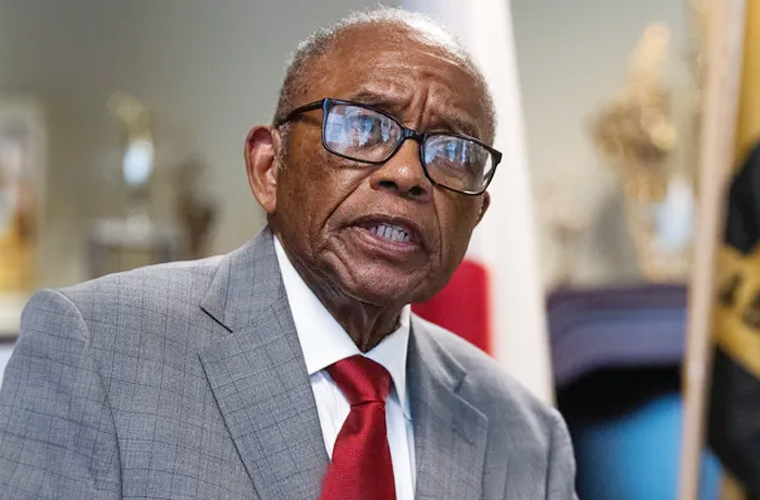Fred David Gray is a name synonymous with the civil rights movement. Born and raised in Montgomery, Alabama, Gray’s career as a lawyer has been nothing short of remarkable. He has dedicated his life to fighting for the rights of African Americans and has been a key figure in some of the most significant civil rights cases in American history.
Gray’s journey began in the 1950s, at the height of the civil rights movement. He was a young lawyer fresh out of law school when he was thrust into the national spotlight after he was chosen to represent Rosa Parks, the woman who refused to give up her seat on a Montgomery bus. Gray’s representation of Parks was just the beginning of what would be a long and illustrious career as a civil rights lawyer. Over the years, Gray has represented many other notable figures in the civil rights movement, including Martin Luther King Jr., whom he represented during the Montgomery bus boycott, and the Reverend Jesse Jackson. Gray’s work has been instrumental in advancing civil rights in America, and his impact is still felt today.












Gray’s most significant contribution to civil rights law came in 1965 when he argued the case of Williams v. Wallace before the United States Supreme Court. The case centered around the right of African Americans to march from Selma to Montgomery, Alabama, in protest of voter discrimination. Gray’s argument was successful, and the court ruled in favor of the protesters, allowing them to march and paving the way for the Voting Rights Act of 1965. Gray’s legacy extends far beyond his work as a lawyer. He has also been an advocate for education and has served as a mentor to many young lawyers. He has been recognized for his contributions to civil rights law with numerous awards and honors, including the American Bar Association’s Thurgood Marshall Award and the NAACP’s Spingarn Medal.
Today, at 90 years old, Gray continues to practice law and fight for justice. His impact on civil rights law cannot be overstated, and his dedication to the cause has inspired generations of lawyers to follow in his footsteps. Fred David Gray is a true pioneer in civil rights law, and his legacy will continue to be felt for many years to come.

